A year ago, at about this exact moment, I started doing a pre-taped interview with my friend Paul Ridgeway for Salem Radio’s KKMS Twin Cities affiliate, live from the press room at the Vatican. I had arrived there five days earlier to cover the papal conclave and inadvertently walked into a scoop the first day on the job. If that made me feel more able to work in the field as a journalist/activist, what happened in this interview provided a moment of sheer humility. As I explained to Paul that we wouldn’t see any action on this day a year ago because the conclave is so wide open, blah blah blah, the inevitable occurred while we spoke:
In a sense, this mirrors the experience I have had with Francis as Pontiff — exciting, humbling, challenging, and more. Over the past year, Francis has offered the world something new in approach, as a loving pastor looking to bring sheep back into the fold, while saying very little that’s different from either of his previous two predecessors.
In the course of the year and of Francis’ pontificate, the media reaction to this has been … instructive. We have been constantly reminded of the danger of sound-bite approaches to the teachings of faith. I once joked that the five most frightening words for Catholics have been, “Pope Francis gave an interview,” because it meant that we would have to explain all over again that what Francis says fits within Catholic teachings on faith. The media, always anxious for a narrative to sell, pits Francis against Pope Emeritus Benedict XVI when the only difference is tonal rather than doctrinal. National Catholic Reporter’s Pat Archbold ran a great piece in August skewering this impulse titled, “10 Quotes That Prove The Pope Is A Liberal.” The punch line is that all ten quotes came from Benedict rather than Francis.
However, it’s not just the media that needed shaking up. Catholics, perhaps especially conservative Catholics, needed to break out of the complacency provided by Blessed John Paul and Benedict too. Certainly for me, the need to provide better analysis for the media coverage forced me to pay more attention to the broader range of Church teaching, and not just stick with my comfort zone of issues. While this has certainly encouraged some on the other side of the political divide, it also provides them a chance to embrace the rest of doctrine more fully, too. (Whether and how much any of us actually do, of course, is the struggle of faith in general.)
Plus, even with the misinformation and confusion that occurs when the media tries pushing sound bites rather than broader context, the truth is that the Catholic Church has mattered much more in the past year than perhaps since the end of the Cold War. Francis has raised the relevancy of the Church to new heights and made Catholics a key part of the conversation on a broad range of issues, especially poverty and family issues. Politicians who want to claim Francis as their own on their own agendas have to answer for the Pope’s declarations on other issues as well, as some of them have begun to realize to their discomfort.
For me, this has been a year of blessings as well as struggle. Pope Francis challenges us to reconnect to our faith and to defend it, while acknowledging that we need to shake off our complacency and roll up our sleeves. The struggle to find my place in this call has been an experience I wouldn’t trade — as was my assignment to cover the conclave in the first place.
While in Rome, I interviewed George Weigel, author of Evangelical Catholicism, and he has similar thoughts on today’s anniversary:
The pope knows that, amid the polymorphous perversities of postmodernity and the pain they cause, the Church attracts primarily by witness, not by argument. To those who imagine themselves beyond the reach of compassion, the Church offers the experience of the divine mercy. No one, the pope insists, is beyond the reach of God’s power to forgive. That experience of mercy, in turn, opens up its recipient to the truths the Church proposes: the truths the Church believes make for the human happiness that is being eroded by the idolatries of the age, especially the idolatry of the imperial autonomous Self. Mercy and truth are not antinomies, in the Catholic scheme of things. Mercy and truth are two entwined dimensions of God’s reach into history, and into individual lives.
Time read the Pope’s self-query, “Who am I to judge?” as the opening wedge to that long-awaited concession by the Catholic Church that it had been wrong, all along, about the sexual revolution. That is not what the pope thinks, having gone out of his way in Corriere della Sera to praise the “genius” and “courage” of Pope Paul VI for “applying a cultural brake” in the encyclical Humanae Vitae, for standing fast against the tidal wave of Sixties permissivism that has led to so much unhappiness and sorrow, and for opposing “present and future neo-Malthusianism.” When Francis asked, “Who am I to judge?” he was responding as a pastor to the particular situation of a man experiencing same-sex attraction. And as the pope said, if that man was trying, with the grace of God, to live an honest and chaste life, he ought not be judged by his temptations, any more than anyone else in this world of endless temptation. Mercy and truth, as always, go together. For the mercy that tells us that we are not beyond the pale of forgiveness is the mercy that leads us into the truths that make for genuine human happiness.
Jorge Mario Bergoglio is a very old-school Jesuit, and it’s clear that, as such, he is going to be pope his way, not anyone else’s — which is a matter not of ego but of the kind of classic Ignatian religious formation (stressing a stringent, ongoing, personal discernment of God’s will) that once prepared 17th-century European intellectuals to paddle canoes up Lake Huron, thousands of miles from civilization, in search of converts among the native tribes. As he has said on numerous occasions, he is a son of the Church, who believes and teaches what the Church believes and teaches. He is going to give voice to those convictions, sometimes, in ways that surprise, even shock. But he has gotten everyone’s attention, now, and as he grows in his understanding of how to use the papal megaphone that is his, it seems likely that he will deploy that singular voice to foster what he and his brother bishops called for at Aparecida in 2007: “a personal and communal encounter with Jesus Christ that raises up disciples and missionaries.”
E. J. Dionne declares this a near-perfect first year for Francis:
He disdained the trappings of piety and might, including the ornate regalia that appeal to so many prelates. The Roman joke was that as priests got with his program, one could find many lacy surplices on sale at steep discounts on eBay. On his first Holy Thursday, Francis washed the feet not of the usual group of priests but rather of a dozen young people being held at a juvenile detention center, including two women and two Muslims.He has not altered church doctrine, but his shift in emphasis has been breathtaking. “We cannot insist only on issues related to abortion, gay marriage and the use of contraceptive methods,” he has said. “This is not possible.” He thus declared that the church’s main mission would no longer be as a lead combatant in the culture wars. It would stand primarily with and for the neediest. …
He has shown that the spiritual life is also a life of social commitment. He demands a lot while preaching about a God of mercy, confounding scolds and religious therapists alike. By engaging joyfully with nonbelievers and those who believe differently, he speaks to those skeptical that Christianity has anything left to say.
He called for a church that is “bruised, hurting and dirty because it has been out on the streets” and has proved that such a church is hard to ignore.
I can’t speak directly for George and E.J., but I’d guess that all three of us are looking forward to Year 2 with a lot of anticipation, and profound gratitude and delight.
Update: John Boehner has invited Pope Francis to speak to a joint session of Congress. Now that will be interesting to see.


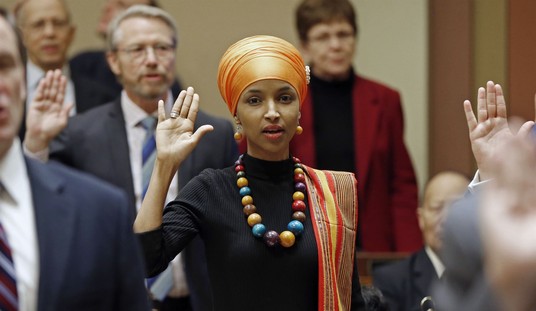
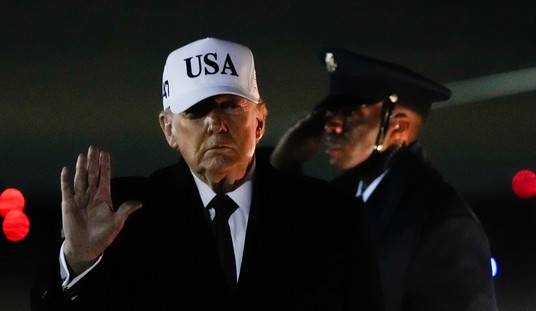
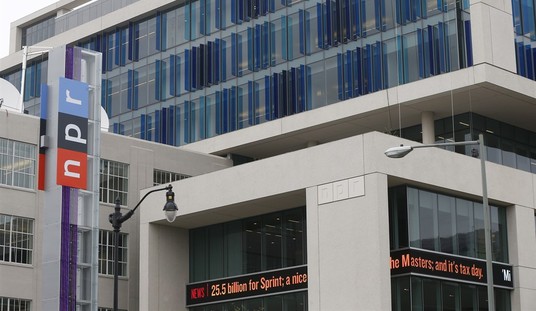
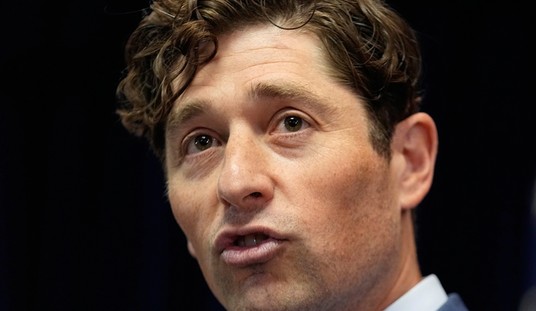


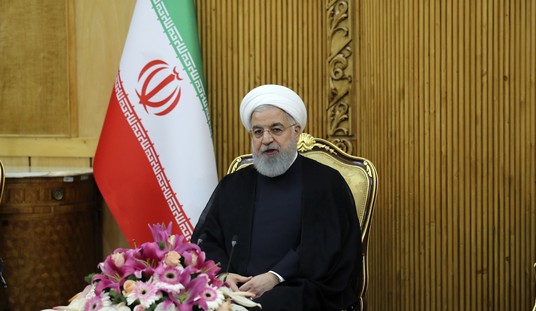
Join the conversation as a VIP Member